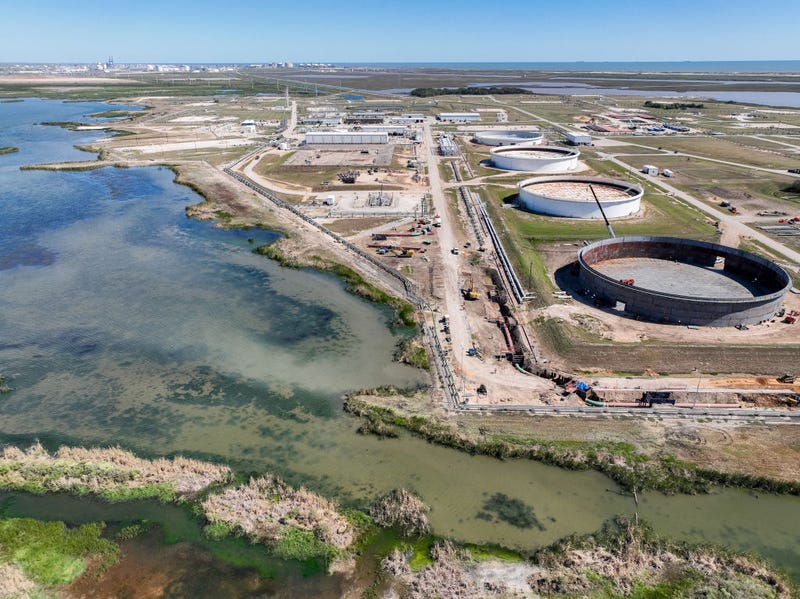
Oil prices were down this week, even as the U.S. oil reserves have been depleted and two wars threaten to make oil more expensive. This downward trend might not last.
“It looks like what might have been a political move to reduce oil prices, you know, in the run up to the midterms is going to cost us in the long run,” Gulf Bank & Trust President Guy Williams told WWL’s Newell Normand Monday. “And it really is unfortunate that we’re entering this crisis with depleted reserves.”
President Joe Biden’s administration decided to tap into the nation’s oil reserves – which were created in response to a Middle Eastern war-related oil crisis 50 years ago – last year. At the time, the Russian invasion of Ukraine was contributing to rising oil prices, and the move to sell off more than 40% of the reserve, as POLITICO reported, was meant to bring prices down.
According to AAA, the average price of a gallon of gas in the U.S. at this time last year was $3.88. As of Tuesday, the average price per gallon in the country was around $3.58, even lower than they were on Friday. Many outlets reported this week that prices were falling even as a new war in the Middle East prompted by the Hamas terrorist attack in Israel.
“Domestic pump prices kept up their daily decline despite the uncertainty in the oil market in the days since Hamas terrorists attacked Israel,” AAA explained last week. “Oil prices rose a few dollars per barrel, but that is far from the roughly $40 per barrel temporary spike following last year’s Russian invasion of Ukraine. The critical difference is that Russia is a significant oil producer, while Israel and the Palestinian territories are not.”
However, the war in Israel does have the potential to send oil prices skyrocketing and disrupt the global economy, Insider reported.
“International Monetary Fund managing director Kristalina Georgieva expressed concern on Thursday over how global oil markets would be impacted by the war,” said the outlet. “Specifically, if the US and Iran were to get more directly involved, there would be significant disruptions to oil supply.”
Williams told Normand that the U.S. did have a chance to replenish our reserves at a low price, but that the window has closed.
“It would have been a great opportunity to refill, and we just didn’t take advantage of it,” he said.
Per the Insider report, a larger war in the Middle East including Iran and a potential oil price surge would cause inflation to spike again in the U.S. That would in turn directly impact gas prices and raise the cost of shipping goods.
Listen to Williams’ take on this and other pressing economic issues here.
